Virginia Hanusik, “The Mississippi River from the Port Eads Lighthouse,” 2020.
On the Front Lines of Change: Reporting From the Gulf of Mexico
“In many respects, the Gulf is on the front lines. Massive disruptions brought by climate change, the need to transition to a new energy economy, and the potential collapse of vital ecosystems are on the horizon for the nation as a whole, not just the Gulf region. The smart application of scientific, engineering, and medical knowledge is vitally necessary and provides the best hope for the future. If we can get it right in this unique and challenging setting, we can use that experience to inform the path forward for the nation and the world.”
—Lauren Alexander Augustine
Supporting the Gulf Region
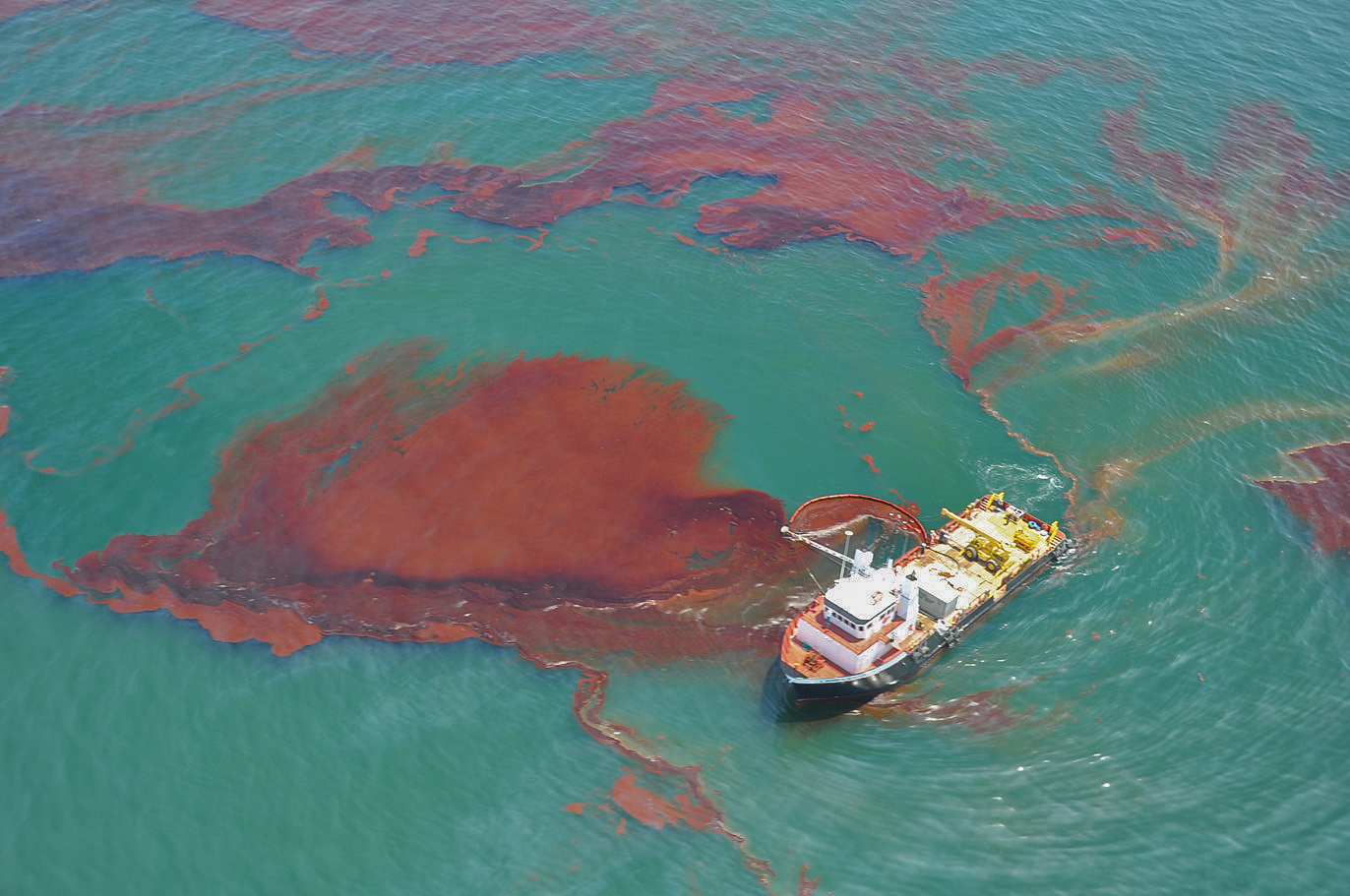
Ten Years Into the Gulf Research Program
Emergency Management
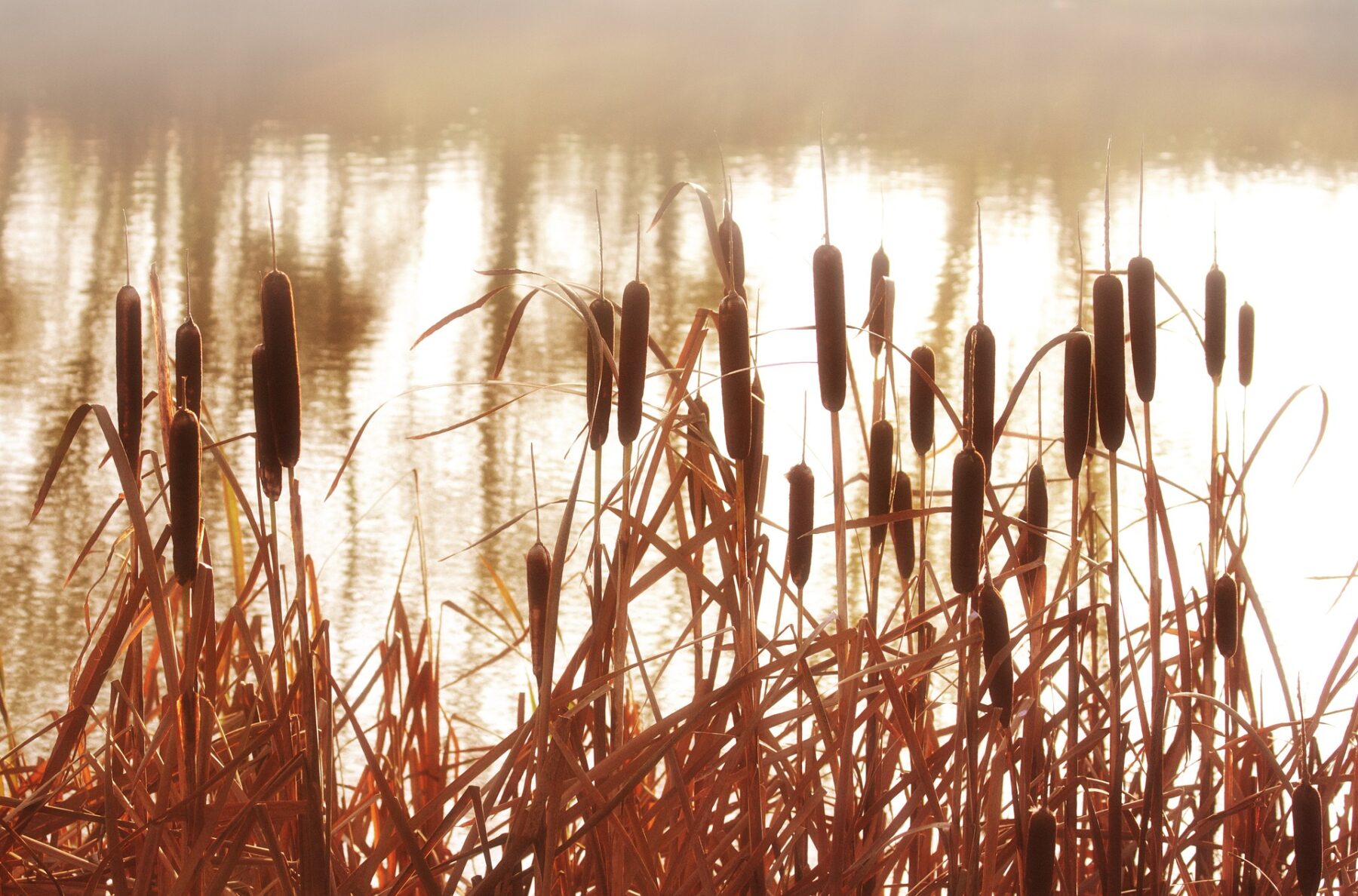
The Roots That Ward Off Disaster
Landscape and Change
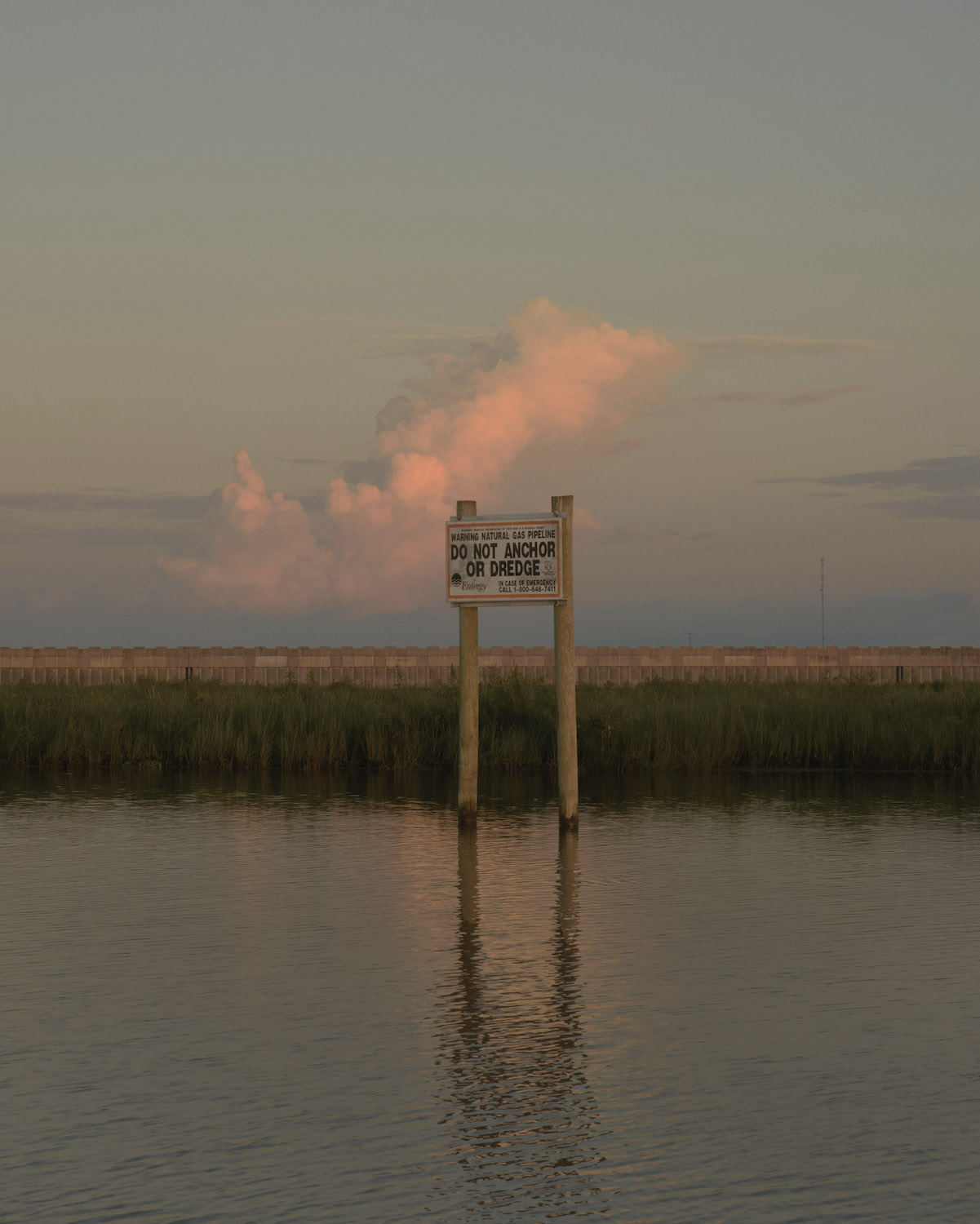
An Elusive and Indefinable Boundary
An Endangered Refuge
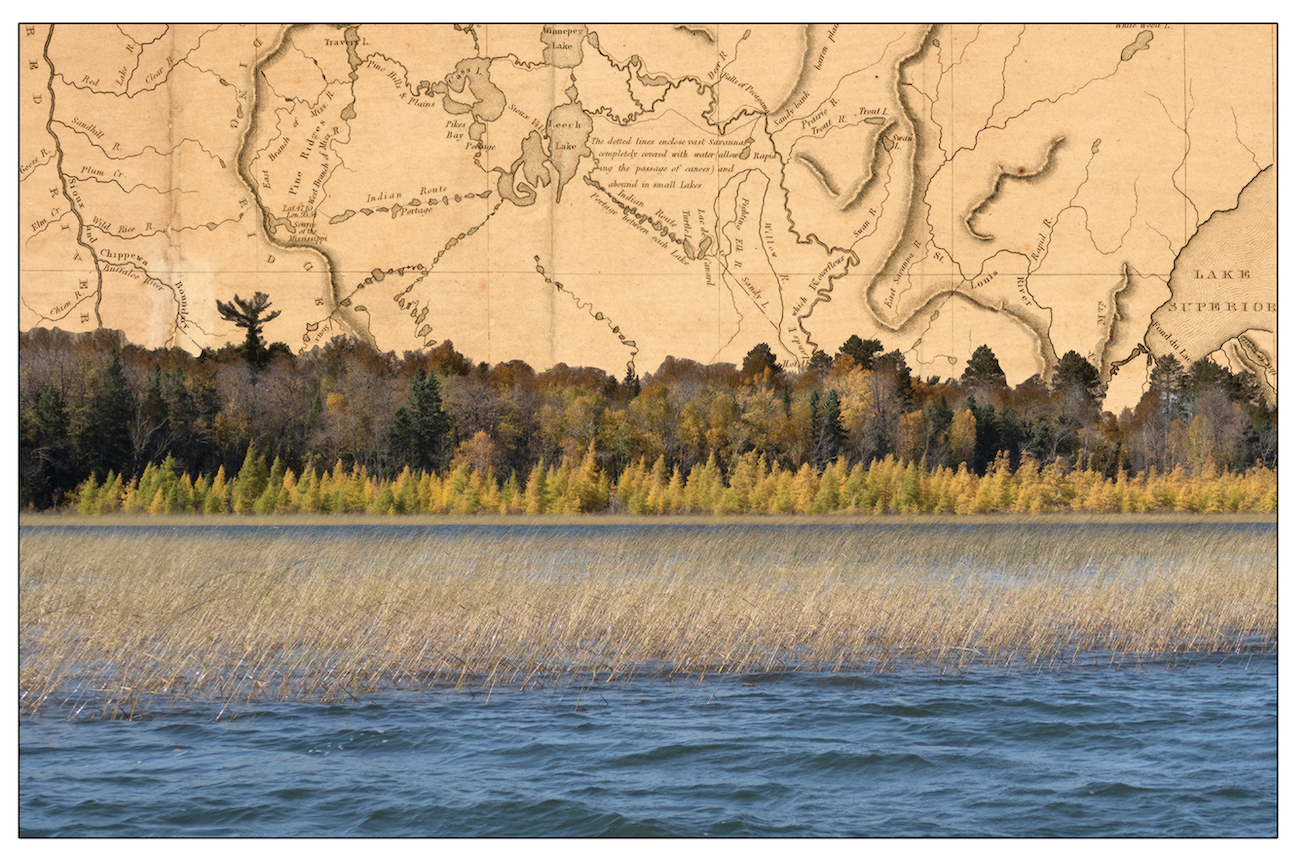
In the Heart of the Yakni Chitto
The Ongoing Transformation
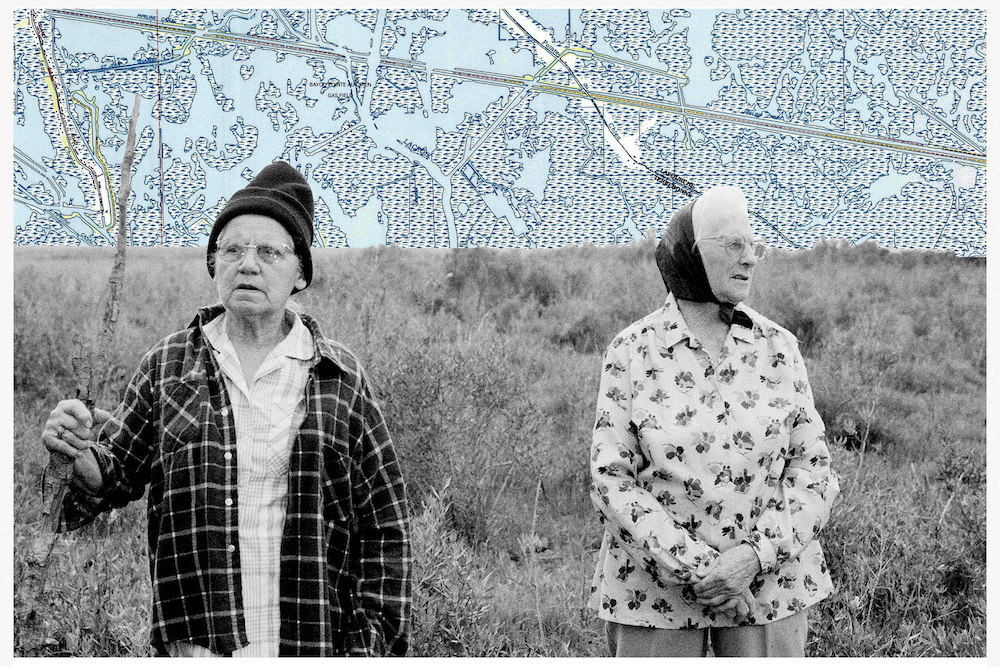
Building Community in the Bayou
“A lot of my work has been to sound the alarm and to recognize that yes, we may be on the front lines, but none of us will be able to hide from the consequences of a changing climate.”
—Monique Verdin
The Loop Current
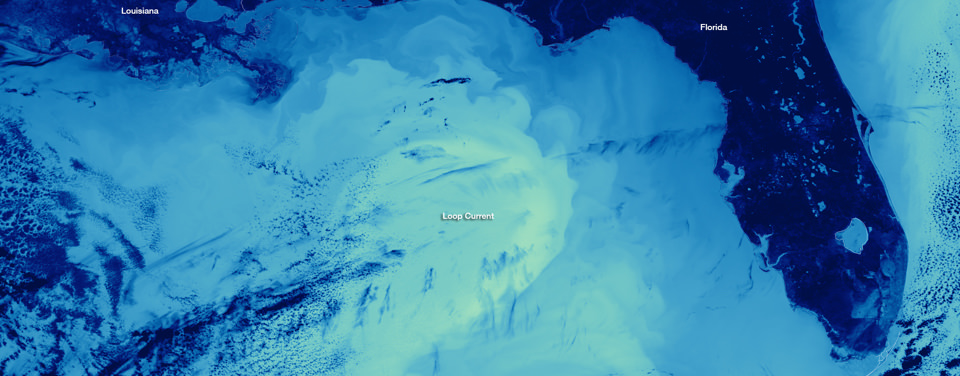
A Scientific “Forced Marriage” Takes on the Mysteries of the Loop Current
The Energy Transition
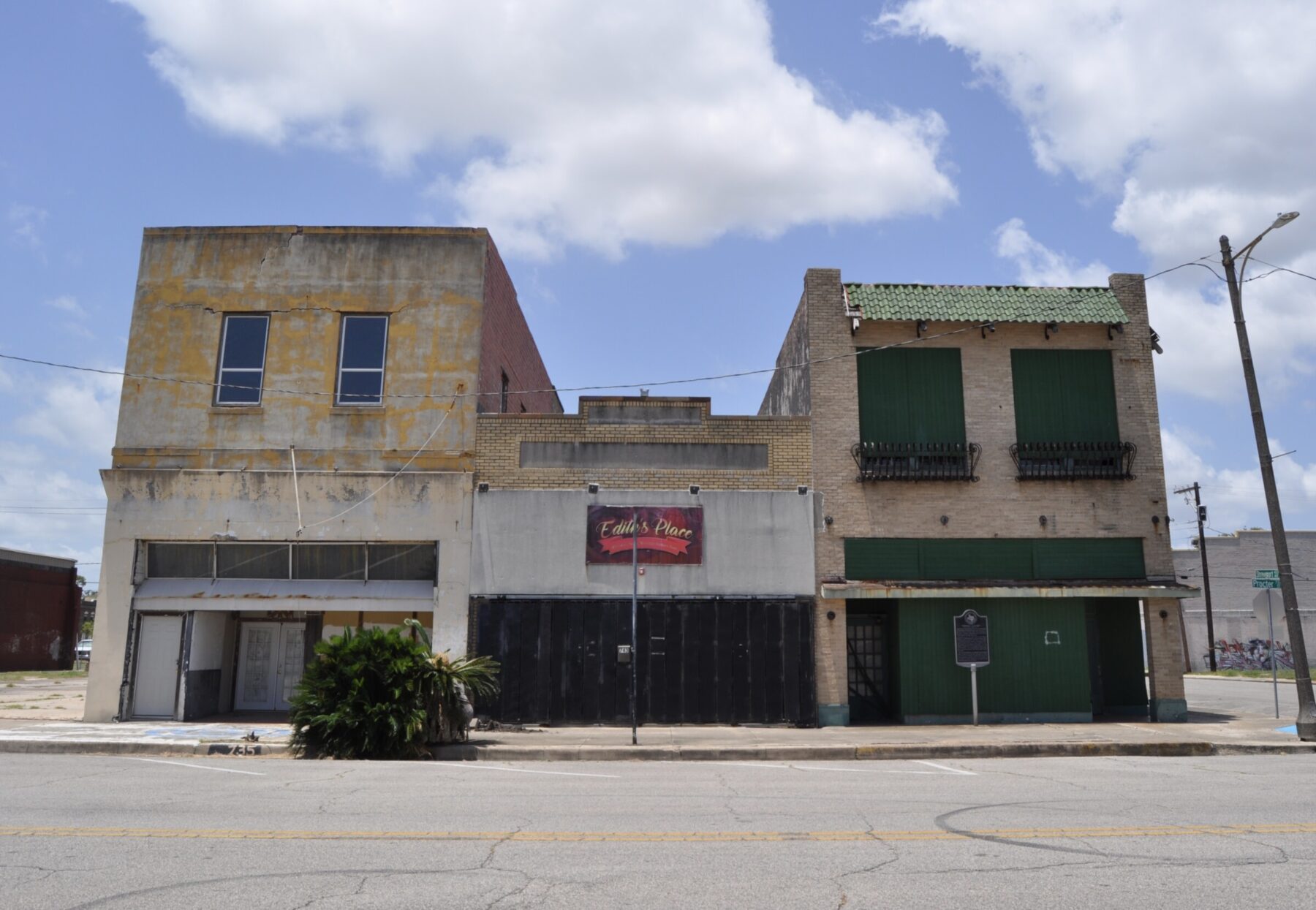
How Will Carbon Capture Transform Port Arthur, Texas?
Ghosts of the Gulf
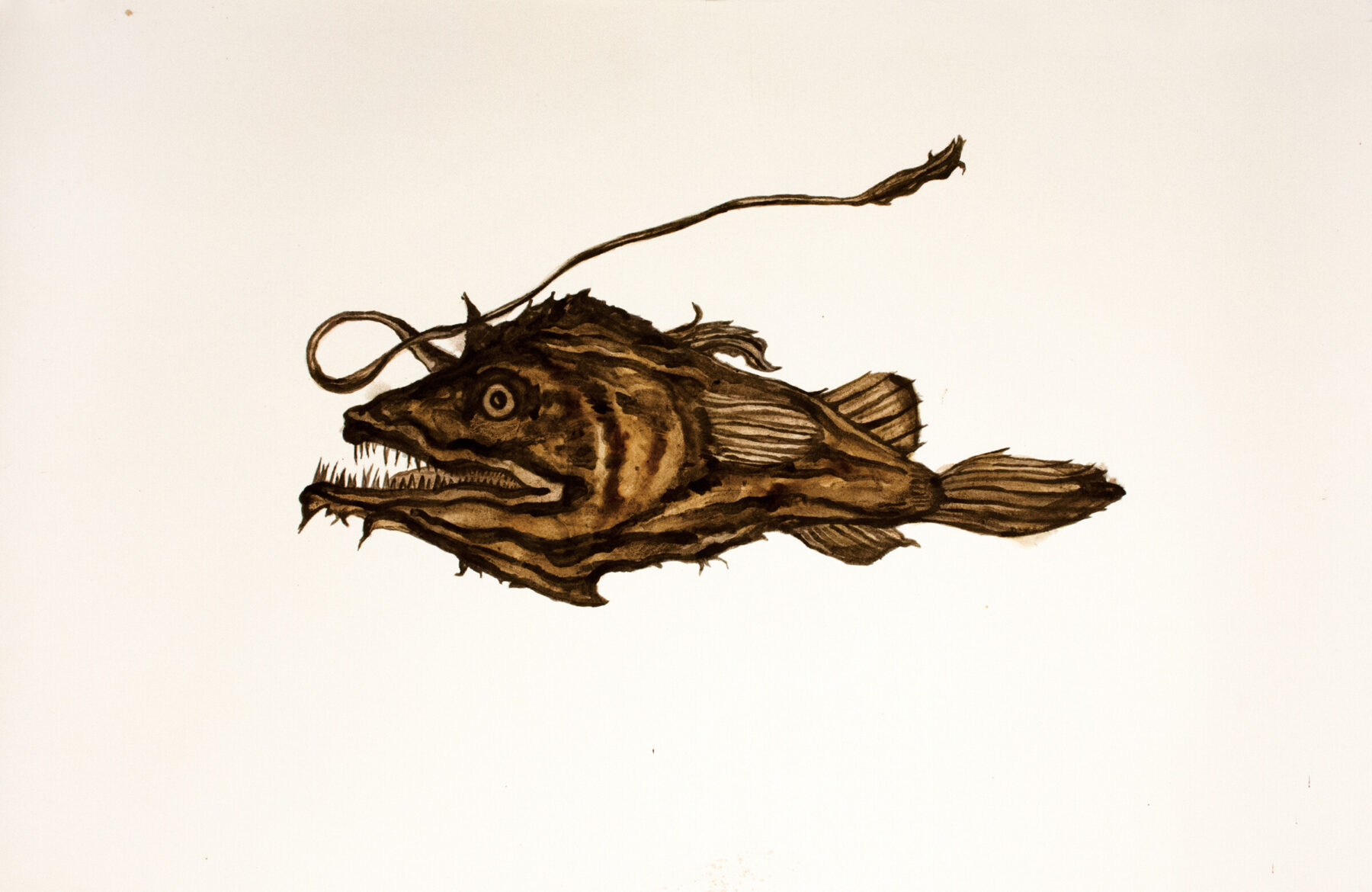
Environmental Apparitions
Header photograph: Virginia Hanusik, The Mississippi River from the Port Eads Lighthouse, 2020.
This series is made possible by funding from the Gulf Research Program to mark the tenth anniversary of its founding.
